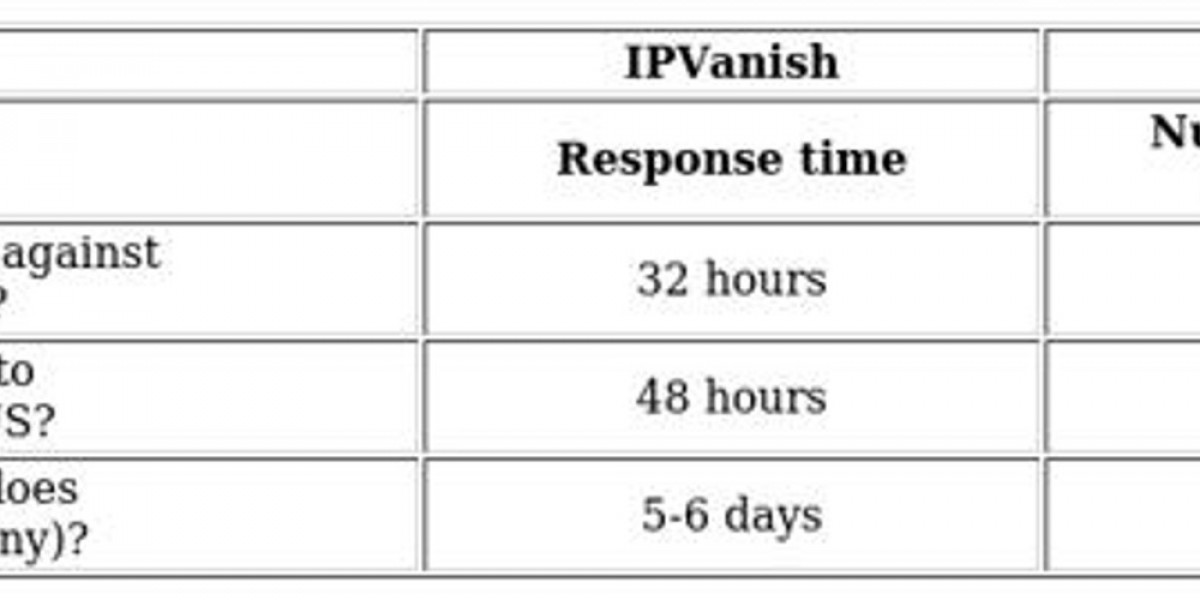
AI Agents are going to play a progressively essential function in how cities function and how locals ... [+] interact with their regional government.
Despite notable improvements in digitalization over the previous years, in the majority of cities it's still clunky for constituents, services, and visitors to take part in even the many basic federal government services online. Sure, in clever cities like Singapore, Baku, and Dubai, a lot of local services are structured and digital, however they remain the goal.

In reality, a community member in a common US city often needs to complete paper kinds or fill in online PDFs, and where services are digital, they are irregular and still require far too many intricate steps. The digital change of regional government is a multi-trillion-dollar chance still waiting to be totally realized. Might synthetic intelligence (AI), and specifically AI agents, lastly provide the upper hand cities need?

Cities Embrace Artificial Intelligence (AI)
It will not come as a surprise that AI is beginning to discover a welcome home in town hall throughout the world simply as it has in every other industry. According to the Hoover Institution, already 1 in 4 government staff members frequently utilize generative AI for their work. That use level will grow rapidly over the next couple of months following similar trends in the economic sector.
AI is finding its way into every aspect of city operations consisting of public safety, preparation, transportation, and resident services. The most popular usages consist of task automation, assistance for decision-making, and engagement with the community.
City leaders are acknowledging the more comprehensive opportunity with AI and are mostly accepting it. That stated, they currently deal with considerable challenges from their own administrations, guidelines, and absence of technical expertise, oke.zone to dangers such as personal privacy and hallucinations that do not have a resolution yet. Most limitations, however, timeoftheworld.date are temporary and quickly city leaders and suppliers will find greater ease and more demand for implementing AI-powered options.
WWE Royal Rumble 2025 Results: Charlotte Flair Wins And Everything That Happened
WWE Royal Rumble 2025 Results: Jey Uso Shocks The World, Seth Rollins Destroys Roman Reigns
WWE Royal Rumble 2025 Recap: Winners, Eliminations And Reaction
AI Agents Arrive On The Scene
Perhaps the emerging AI technology that guarantees the most radical shift in how individuals experience their city government will be through the deployment of AI agents. An AI representative is a system that acts independently to process details and after that take steps to accomplish specific objectives. Rather than a person supplying AI with the exact actions needed to get something done, the guarantee of an AI agent is that it can figure out the ideal actions and then tackle getting them done.
OpenAI's new option, Operator, is an example of a generalized AI agent. Ask it to discover your favored seats for an approaching performance and make the booking on your behalf and off it goes.
This, of course, is simply a simple tease at what will be possible in the near future when, wikibase.imfd.cl for example, AI representatives combined with robotics will autonomously perform the whole of complex projects.

Transforming The Government Experience
It's still early for AI representatives in the economic sector and even previously for them in public firms. However, one solution, SuperCity AI, provides an early look at what is coming soon to our cities.
SuperCity is an app that is rethinking how AI can be utilized to supply a better experience in how locals engage with their city in locations such as discovering info, paying bills, and reporting a problem.
Apps that play in this area are currently numerous, from SeeClickFix to Nextdoor, and lots of attempts have actually been made to hit the sweet spot of convenience and stickiness.
Cities typically supply their own option in addition to taking on offerings from the economic sector. The proliferation of neighborhood engagement apps for a single city alone produces confusion when people do not understand what to utilize for a given service, but more broadly, these apps with couple of exceptions have stopped working to satisfy expectations.
The group behind SuperCity come with substantial government and technology credentials. Miguel Gamiño Jr., no complete stranger to city management having served formerly as the head of technology in the cities of El Paso, San Francisco, and New York City, has joined forces with his 2 partners, wiki.fablabbcn.org David Lara, formerly the Chief Administrative Officer at New York Town Hall, and Niko Dubovsky, who's operated in the startup world for a number of years.
The team's passion for civil service together with a deep understanding of how cities work are possessions that they are bringing to constructing this solution. This combined with modern AI adoption doesn't ensure their success but definitely supplies them with some early benefits.
The SuperCity starting team. From Left to Right: Niko Dubovsky, Miguel Gamiño Jr., David Lara.
Their mission with SuperCity is to supply a secure and private digital one-stop-shop for residents and to utilize AI to minimize different elements of friction in between the user, oke.zone the app, and city hall. That friction varies from citizens who are overwhelmed with unnecessary notifications to the intricacy of supporting the required user interfaces with agency systems. For instance, instead of the city being needed to manage the complex combination of accepting payments from the app for say, a parking ticket, SuperCity uses AI to meet city requirements and after that flawlessly log in and send the payment.
Removing the intricacy for both the user and the city likewise indicates that this single app can be utilized in various cities without needing the user to download a brand-new app with an entirely different procedure.

While a lot of apps require the user to locate the function they need, SuperCity will quickly present itself as a conversational bot. A homeowner will simply discuss what they need and the app will utilize AI representatives to perform as much of the need with little, if any, user engagement.
Conversational bots are already one of the most popular usages of AI throughout markets in the location of consumer service. Could they also be the future user interface for many city interactions too?

The Urgent Future Of AI In Cities
As remarkable as the last 2 years have actually been, cities are trailing the economic sector by a large margin in moving from experimentation to adoption of AI across their functions.
From time to time, a new technology gets here that has the power to radically upset the status quo in a positive way. AI for cities offers maybe an once in a life time shift that will change what cities do and how they function. City leaders need to increase the seriousness of their AI efforts and ensure they are designating suitable resources and abilities.
In the short-term there are opportunities to have AI enhance and enhance present operations from community-facing services to data-driven decision-making. Longer term, AI representatives will complete entire city services with little or no human interaction on the backend. It's possible too, that earlier than later on, AI will introduce an era without the requirement for websites and apps.
As the SuperCity app shows, AI and AI agents coupled with novel ideas use city leaders an entire new toolkit complete of possibilities. The time to define an AI future for cities is now.









